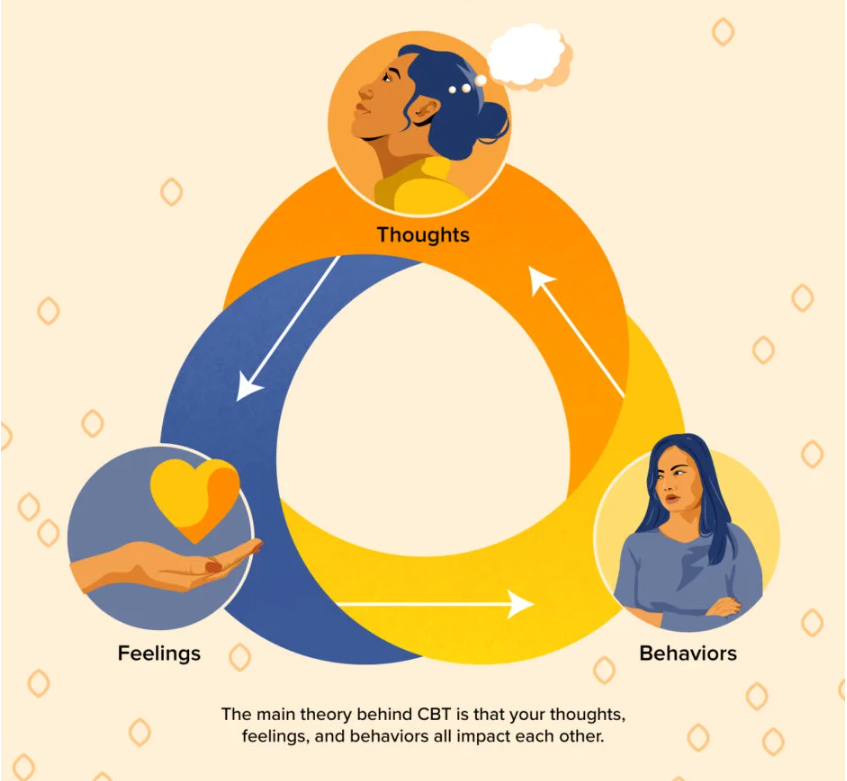Cognitive-behavioral therapy (CBT) is a form of psychotherapy that is commonly used to treat a wide range of mental health issues, including anxiety, depression, post-traumatic stress disorder (PTSD), and eating disorders. CBT focuses on identifying and changing negative thought patterns and behaviors that contribute to these issues. In this blog, we will explore what cognitive-behavioral therapy is, how it works, and its benefits.
What is Cognitive-Behavioral Therapy?
CBT is based on the idea that our thoughts, feelings, and behaviors are interconnected. Negative or distorted thinking patterns can contribute to negative emotions and behaviors, which can then perpetuate a cycle of negative thinking. CBT aims to break this cycle by teaching individuals to identify negative thoughts and behaviors and replace them with more positive and constructive ones.
How Does CBT Work?

CBT typically involves a structured series of therapy sessions, during which the therapist works with the individual to identify negative thought patterns and behaviors. The therapist will then help the individual to develop new, more positive thinking patterns and behaviors through a variety of techniques, including:
1. Cognitive Restructuring:
This technique involves identifying negative or distorted thoughts and replacing them with more positive and realistic ones. For example, someone with anxiety may have the thought “I’m going to fail this test,” and the therapist may help them replace that with “I’ve studied and prepared, and I’m going to do my best.”
2. Exposure Therapy:
Exposure therapy involves gradually exposing the individual to the things or situations that trigger their anxiety or fear. This can help them learn to manage their anxiety or fear in a more constructive way.
- Behavioral Activation: Behavioral activation involves increasing positive behaviors, such as exercise or socializing, and decreasing negative behaviors, such as procrastination or avoidance.
- Relaxation Techniques: Relaxation techniques, such as deep breathing or progressive muscle relaxation, can help individuals manage their anxiety or stress levels.
- Mindfulness: Mindfulness involves focusing on the present moment and accepting thoughts and feelings without judgment. This can help individuals manage their negative thoughts and emotions in a more constructive way.
The Benefits of CBT CBT has been shown to be an effective treatment for a variety of mental health issues. Research has demonstrated that CBT can be just as effective as medication for treating anxiety and depression, and may have longer-lasting effects. CBT has also been shown to be effective for treating PTSD, eating disorders, and other mental health issues.
CBT is typically a short-term treatment, with most therapy sessions lasting between 12 and 20 weeks. This makes it a practical option for individuals who may not have the time or resources to commit to long-term therapy. Additionally, because CBT focuses on teaching individuals skills to manage their own mental health, it can be empowering and help individuals feel more in control of their own lives.
Who Can Benefit from CBT?
CBT can benefit individuals of all ages and backgrounds who are struggling with mental health issues. It can be particularly effective for individuals who are experiencing anxiety, depression, PTSD, eating disorders, or other conditions that are related to negative thinking patterns and behaviors.
CBT may also be a good option for individuals who prefer a structured, goal-oriented approach to therapy. Because CBT is focused on specific goals, it can help individuals feel like they are making progress towards their treatment objectives.
Final thoughts on CBT
If you are struggling with mental health issues, cognitive-behavioral therapy can be a highly effective way to manage your symptoms and improve your overall quality of life. By working with a qualified therapist, you can learn the skills and techniques that you need to identify and change negative thought patterns and behaviors. With practice and dedication, these skills can become a powerful tool for managing your mental health over the long term.
If you are interested in exploring cognitive-behavioral therapy as a treatment option, we encourage you to book an appointment with AMP Mental Health. Our team of experienced therapists is dedicated to providing compassionate and effective care to individuals who are struggling with mental health issues.
At AMP Mental Health, we believe in a collaborative and client-centered approach to therapy. Our therapists will work closely with you to develop a personalized treatment plan that is tailored to your unique needs and goals. Whether you are struggling with anxiety, depression, PTSD, or other mental health issues, we are here to help you on your journey towards healing and recovery.
To book an appointment with AMP Mental Health, simply visit our website or give us a call. We offer both in-person and telehealth appointments, so you can choose the option that works best for you. With our support and guidance, you can take the first step towards a brighter and more fulfilling future.





